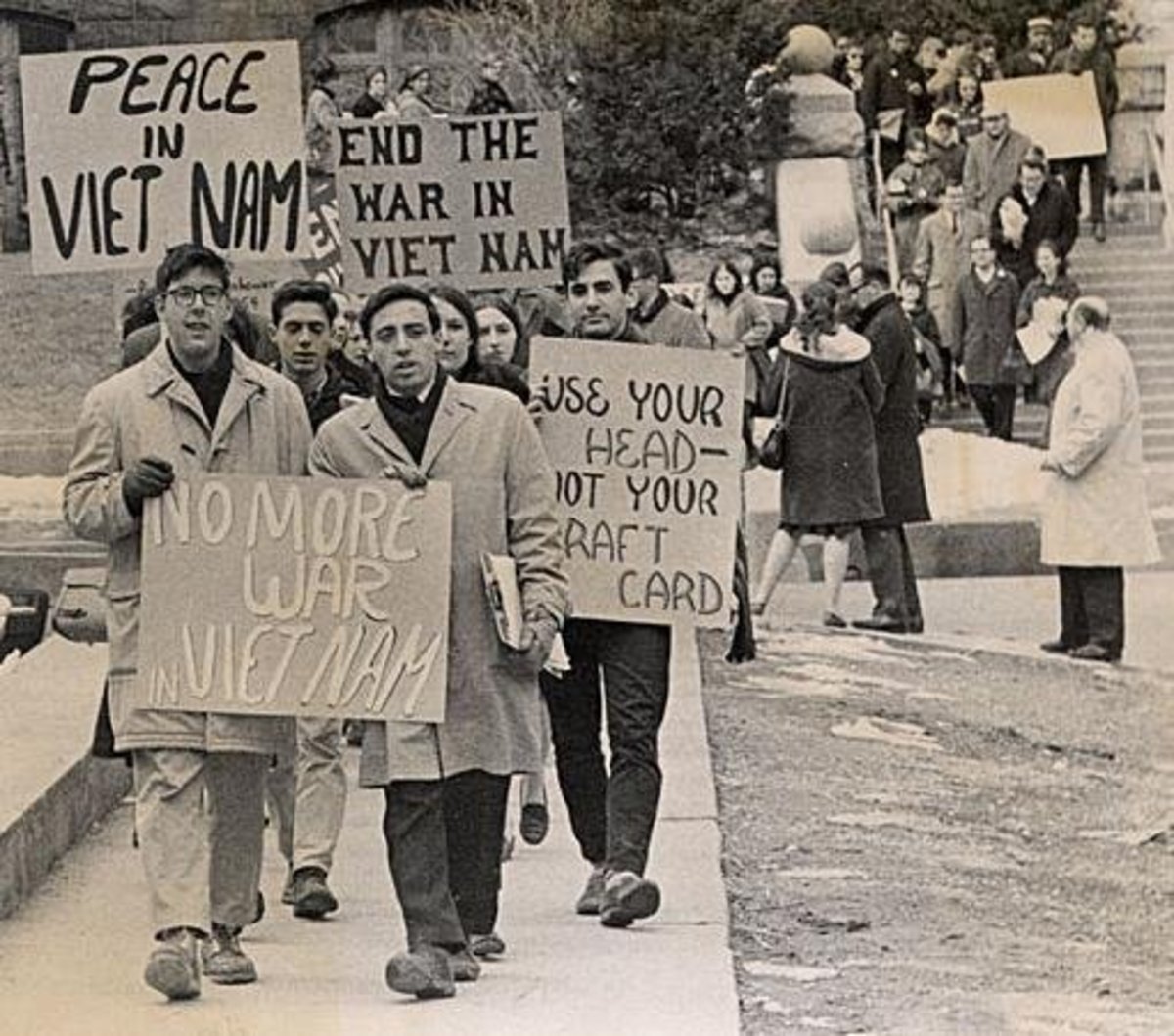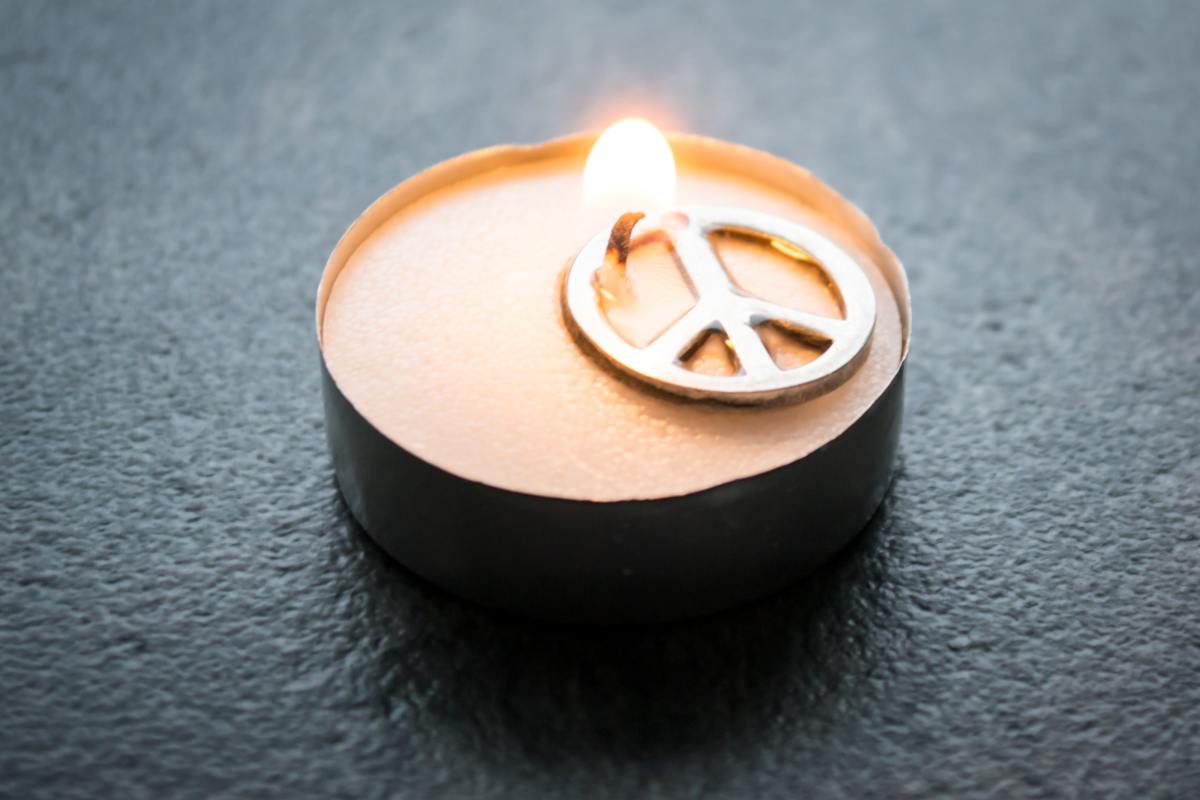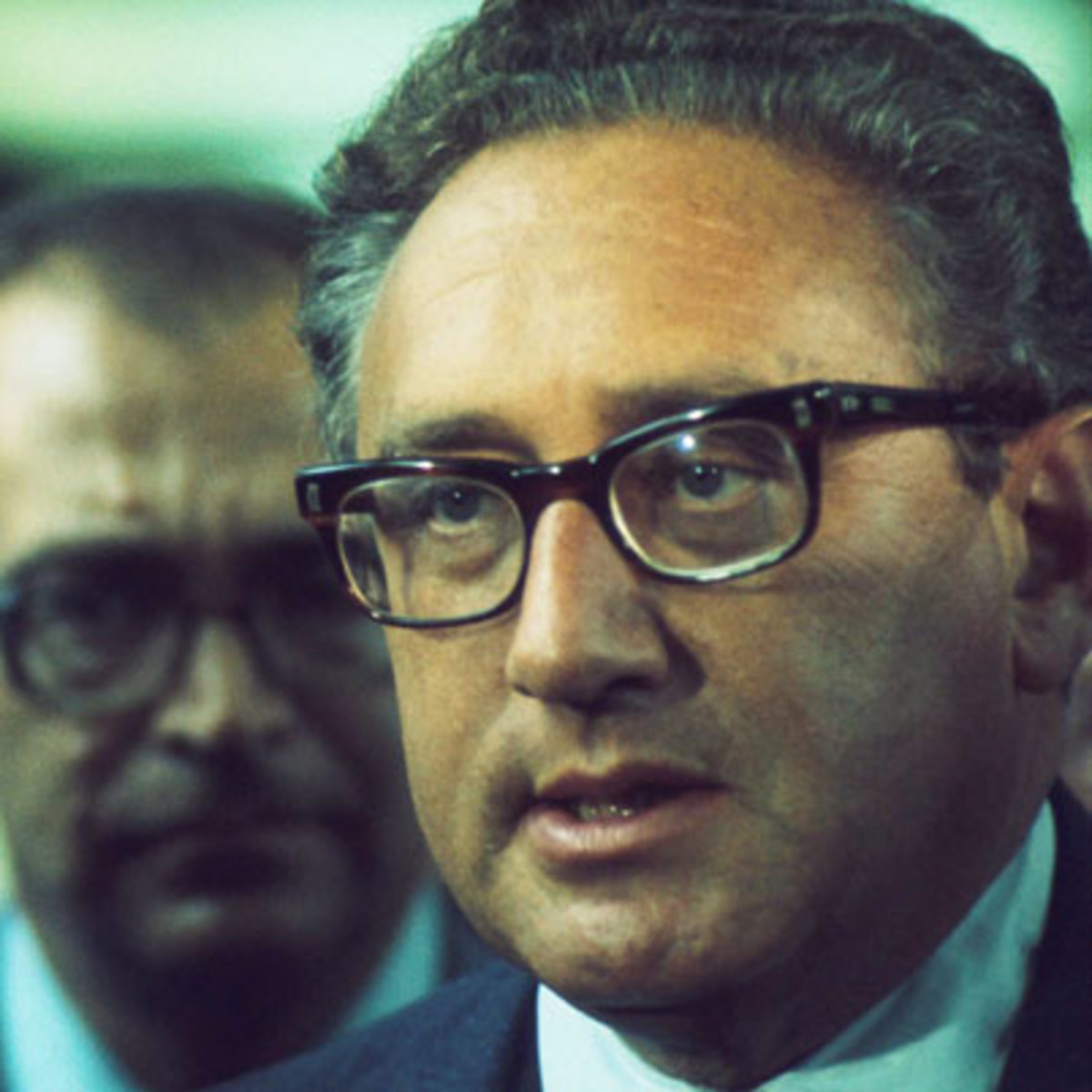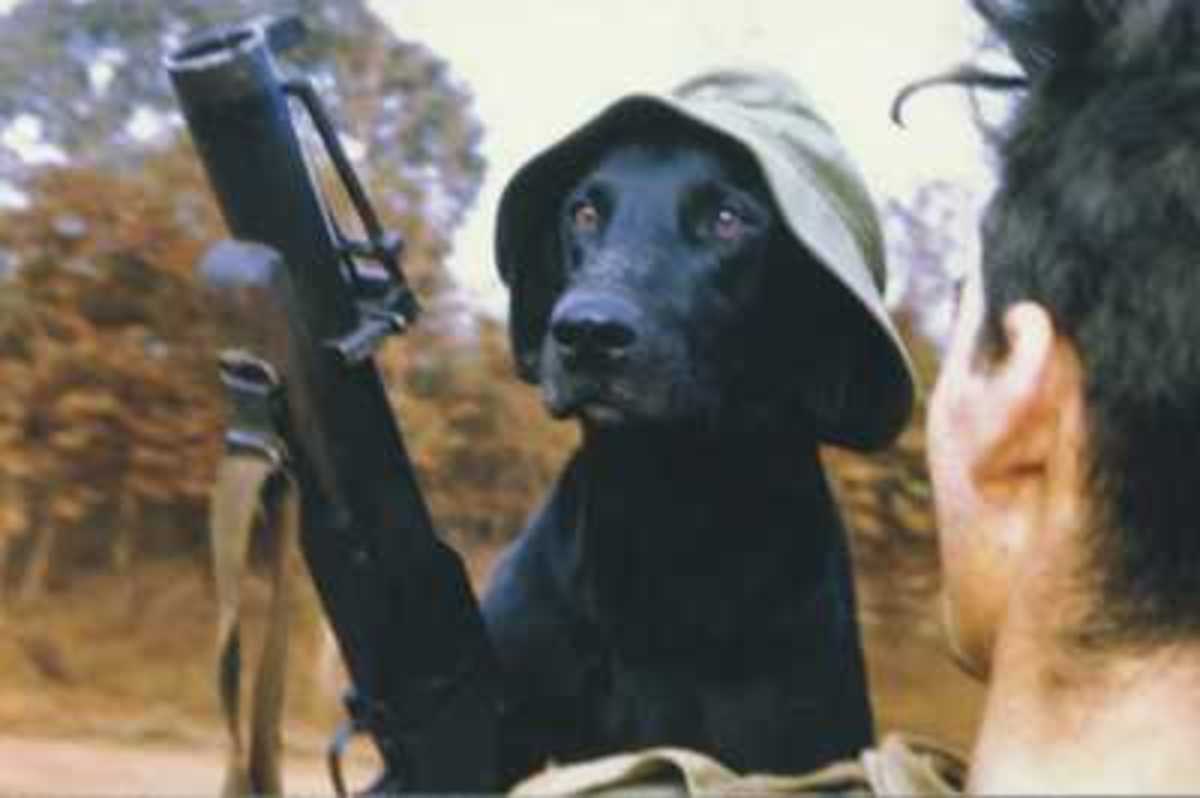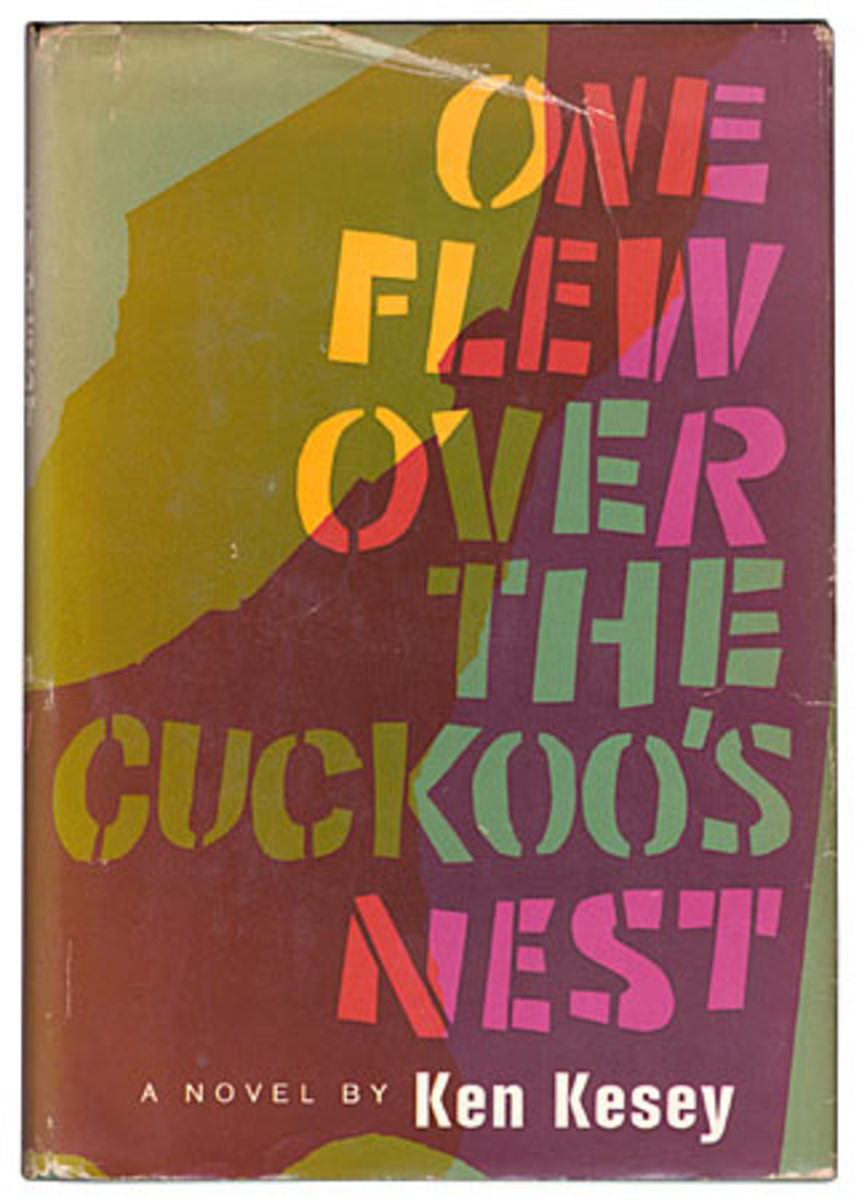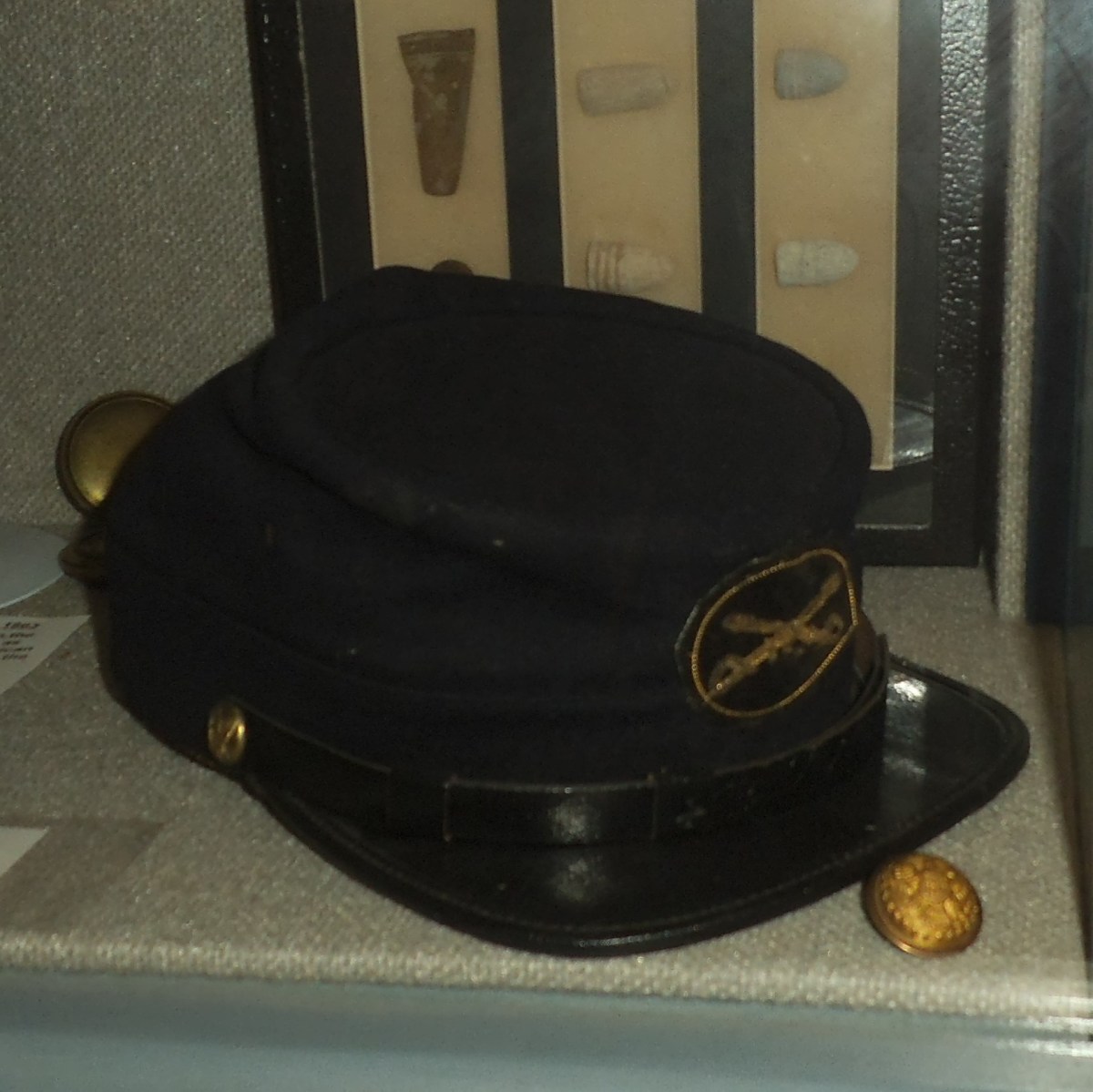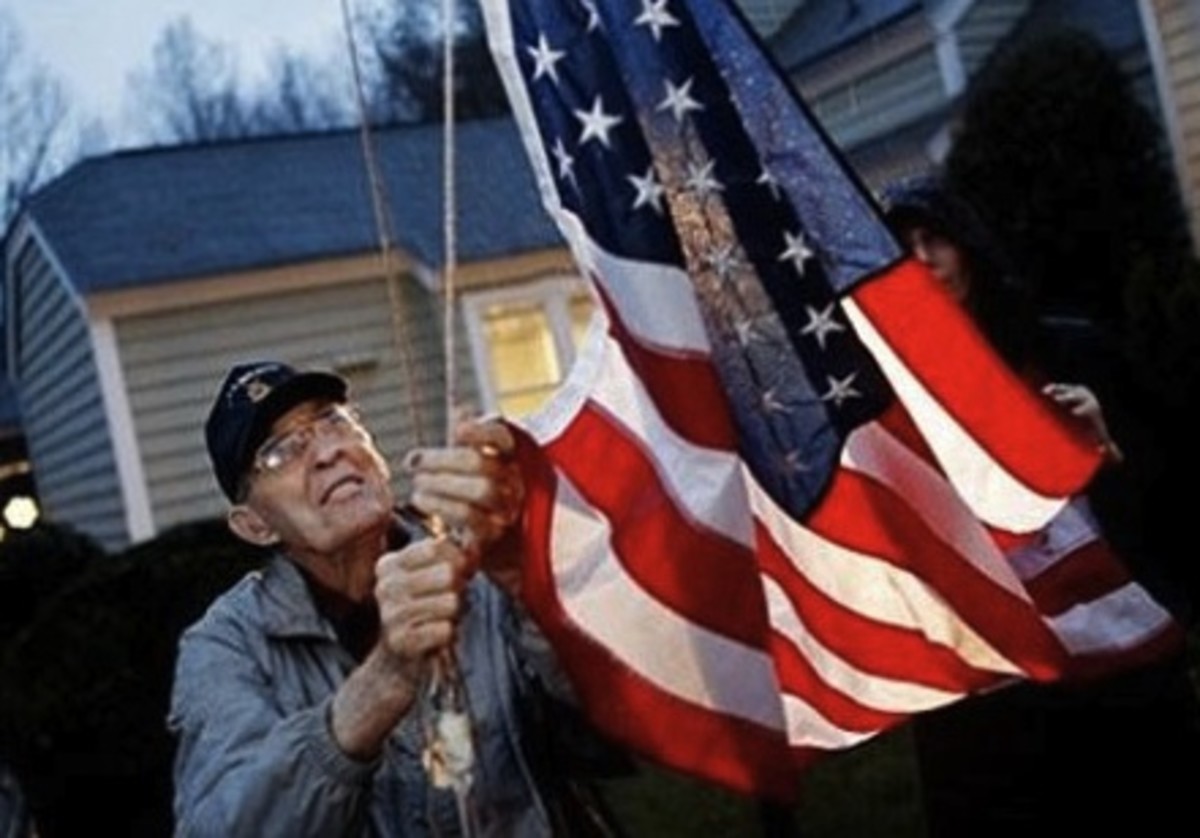The Influence of the Vietnam War on One Life
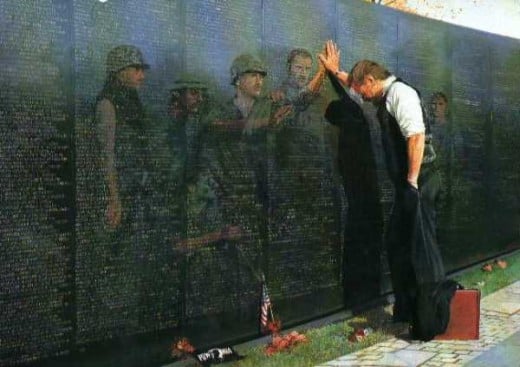

Preface
Last July, I started back to get my degree after being out of work for a while. If all goes well, my undergraduate work will be completed by the end of this year, then on my MBA. Three decades plus in Architecture has led to a very quick undergraduate degree for me. One of my final classes was a Social Science class that studied the 1960's in the US. Since I lived that, it was an interesting class for me. My final paper was a reflection paper that was received so well, I decided to publish it here.
Introduction
In concluding this class where we explored the 1960’s, this final project provides a chance to reflect on a decade of turmoil that eventually defined much of what the United States has become. Having lived much of that decade as a young boy, I can reflect on what life was like in the 1960’s. I grew up in a middle-class home, the oldest in a set of triplets. Our family was centered on very old fashion values, and although not political activists, it was just expected for everyone to know and understand politics and current events. I remember very vividly my grandfather never missing the nightly news (both local and national); of course, much of that news in my early life centered on the Vietnam War.
During my youth, my brothers and I grew up dancing and entertaining. Much of that work went a long way in forming impressions that would last a lifetime. One of the places where we did a lot of entertaining was the United Service Organization (USO). Growing up in southern California, we traveled throughout this area performing and touring. We went to many places near military bases, even Camp Pendleton, to perform for troops ready to be deployed to Southeast Asia. We would even go to Catalina Island, one time on a beach landing ship, with Marines on their final liberty before going to Vietnam. The object of this assignment is to reflect on one event of the 1960’s that influenced my life. It seems quite obvious what that single event would be. Therefore, this is about my view and perspective of that event in my life, the Vietnam War.
I am basically a libertarian-authoritarian. While I am certainly one that holds to the freedoms and personal liberties our Country provides, I also strongly hold that these privileges bring with them responsibilities that we must all take on. Consider this perspective: we have a country that if there is a law we do not like, we can change it! Not many other countries afford such power to the people. There is little doubt that watching those men go to war, and some dying, rooted me in my authoritarian mindset. By watching, I learned that abiding in the direction and teaching of those above me in the chain of command, I could stay on a path that was safe no matter what the situation were to be. I found great patriotism with those men: a passion that is carried with me today, and one that I plan to instill in my children. I was introduced to the first hero in my life when I heard that not long after close personal contact with one soldier at one of those performances, I was told he came home in a box, killed in action. Reality set in for this young boy.
Influence of the Vietnam War in My Life, My Career, and Globally
The Vietnam War brought to life in the mind of this young boy, what death was; what honor was; and what service to others really meant. I found early the example of personal integrity. I saw individuals that served, and individuals that led, many of these men having much the same character qualities regardless of their position. I saw a commitment to the team and watching the other’s back. Lessons that would become manifested in my own life as I started my life and career and would eventually help me become a leader. I saw what it means to see something through to the end, no matter the potential outcome.
Many of those lessons came back to me as I started my career many years later. At the age of 17, I was blessed enough to begin my long-dreamed career as an Architect. I started working for an Architect six months before I graduated high school and have never looked back. Much of that early career path was almost foreshadowed in the lives of those soldiers I met early in my life. After some basic training in a technical school, I was placed right in the middle of real life conditions. Although bullets were not flying by me, nor bombs going off next to me, I realized how frightening it is to be in a strange environment doing something I know very little about, and expected to perform like those that have been there for some time. Unlike those soldiers, at least my situation was not life threatening.
I remembered how those soldiers would charge into the fray and do their job, and that was an example I followed. When my supervisor said to do something, I just did it. I tried to exhibit the understanding of commitment to any task, and commitment to the team just as I saw in those men, and duplicated their actions to be best of my abilities in my life. When a road block or obstacle came in front of me, I found a way to overcome it. Much of this knowledge was not gleamed at such a young and tender age, but became frequently reflected through the lessons I learned throughout my life. At that young age, I had no idea what boot camp was, nor fathomed what was taught and experienced there, but as I grew up watching others go through such experiences, I was reminded each time of my past experiences.
Impact of this event on a global basis is even more profound. That young boy remembered very much the concept of Communist expansion as that was a common view held by many of our Country’s political leaders, regardless of party affiliation (Dye, p. 107). Even President Lyndon Johnson spoke of the need to contain Communist expansion (Farber, p. 117). The fear of Communist invasion was around in my schools, even as a boy. I remember even having bomb drills in my early elementary school years. Drills that as I got older, I wondered why, as it was evident that if a nuclear bomb was detonated there would be little defense, especially from the radiation fallout.
The domino theory ran rampant throughout our political landscape. Many believed that by allowing Vietnam to fall to the communism that would start a collapse that would lead to other Countries in the region falling and spreading beyond that region by some opinions (US History, Farber, p. 117). As history has shown there might have been more alarmists in that theory than reality. Over three decades later, the Bamboo Curtain has not significantly moved, and the Iron Curtain has fallen.
Impact of the Vietnam War on My Course of Study
As I was quite young during my experiences with the Vietnam War, much of those lessons never solidified in my mind directly until I was older. When I began my career in Architecture at the age of 17, it was not long before I learned what the statutory calling for the Architect was. Arizona Revised Statutes (A.R.S.) states in §32-101(A) that those that are registered pursuant to this chapter are registered for the protection of the public’s health, safety, and general welfare. As an Architect, that is my first call, amazingly similar to the call of those soldiers I met when I was so very young. I grew up with a very strong belief of sense of duty when it came to accomplishing my job, something very reminiscent of those soldiers I had seen and watched. The sense of teamwork, giving 100%, and completing the task were also installed in me, also in reflection of those very same soldiers.
What if Vietnam had not Happened?
Reflection on the Vietnam War would not be complete without going to the “what if” it had never happened question. Had this event never happened, the impacts would have been two-fold, personally (to me) and nationally/globally. So, I will look at my life first: how would it have been different if Vietnam had not occurred? First, I would have not met those soldiers that left such an impression on my life, nor would I have ever been on that military beach landing ship. These events had implanted such a deep sense of patriotism into my life. I most likely would not have such contrasting examples of authoritarianism and non- authoritarianism before me, and maybe that might have changed me from the authoritarian roots that I have had.
The next way to reflect on this would be from a non-personal or more global view. It seems that much of the American unrest of the 1960’s seemed almost to come from the internal strife over the Vietnam War. The anti-disestablishment movement really seemed to gain traction as an outcome of the anti-Vietnam War sentiments. If the War did not happen, that would have allowed Johnson to focus more on his Great Society and maybe the America today would have been very different. If Vietnam had not occurred, there may not be the Vietnamese population scattered throughout the Country. Many Vietnamese may not be here because they are the offspring of American GI’s that fought in Vietnam. Certainly, there would have not been the loss of 58,148 lives of American soldiers (History.com).
Conclusion
The Vietnam War had its roots spread through so many areas of my life, setting many of my ideologies that I carried into adulthood, that it really had an influence on many facets of my life. Had that event never happened, I am not sure that I, or this Country, would have turned out the way we are today.
Reference
Brigid Harrison/Thomas Dye. 2008. Power and Society. Cengage Learning.
Farber, David. 1994. The Age of Great Dreams. Hill and Wang.
United States History. http://www.u-s-history.com/pages/h1965.html. Retrieved on July 12, 2011
History.com. http://www.vhfcn.org/stat.html. Retrieved on July 21, 2011
© 2011 Dan Demland

